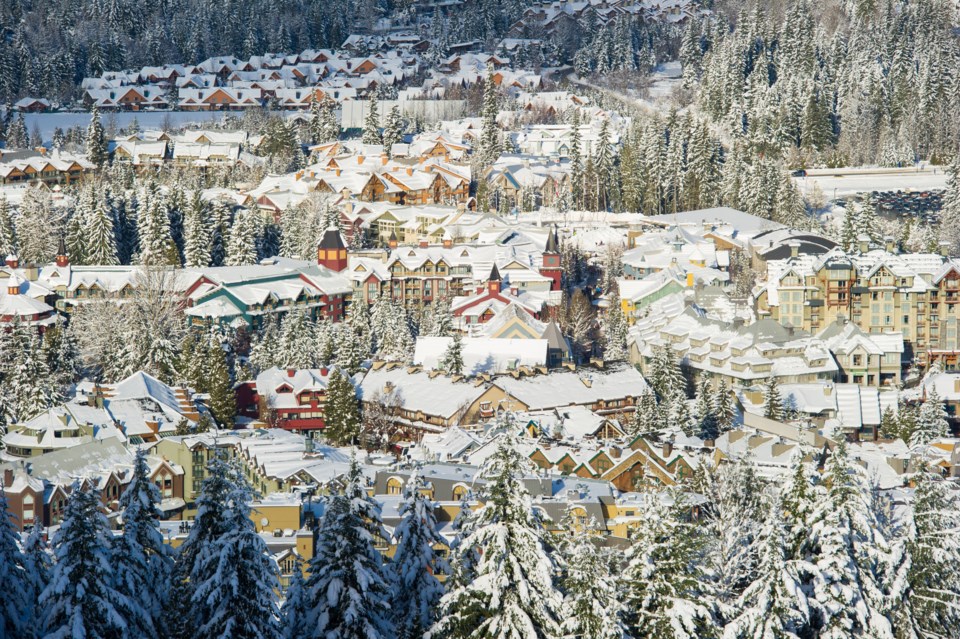In the effort to make Whistler accessible for everyone, beginning with the presumption that it is a luxury resort community is self-defeating—the tail wagging the dog. That perspective is a commonly held illusion: one believed to be true, and one that forms the backbone of how our town is formally organized. To ask this illusion to be different only reinforces it. To fight the illusion is to support the illusion. But if we accept that “Whistler as an exclusive luxury resort” is simply an idea—one that shapes how we show up and organize—then we can begin to ask how else we might understand it to better meet the needs of everyone who calls this place home.
For millennia, the Lil’wat and Squamish Nations gathered here seasonally to exchange resources, share culture, and build relationships. Is this not why so many of us come to Whistler today? Those Nations built a system of reciprocity and sustainability that supported mutual benefit. If the reasons we continue to gather here are similar to those who came before us, can we not also create a system that supports everyone who chooses to gather here now, including the L’il’wat7úl and the Sk_wx_wú7mesh Úxumixw?
We are left with two ideas of Whistler. One is defined by exclusivity, upheld by private interests and bureaucracy. The other—equally true and far older—is Whistler as a gathering place with the resources necessary to support those who come together here.
If you align with the latter idea, does it make sense to keep pouring energy into changing the system that maintains the illusion of luxury? Or would our time be better spent building systems of mutual benefit and reciprocity that promote the sustainable exchange of resources, culture, and supportive relationships?
I know how I want to spend my time and energy.




